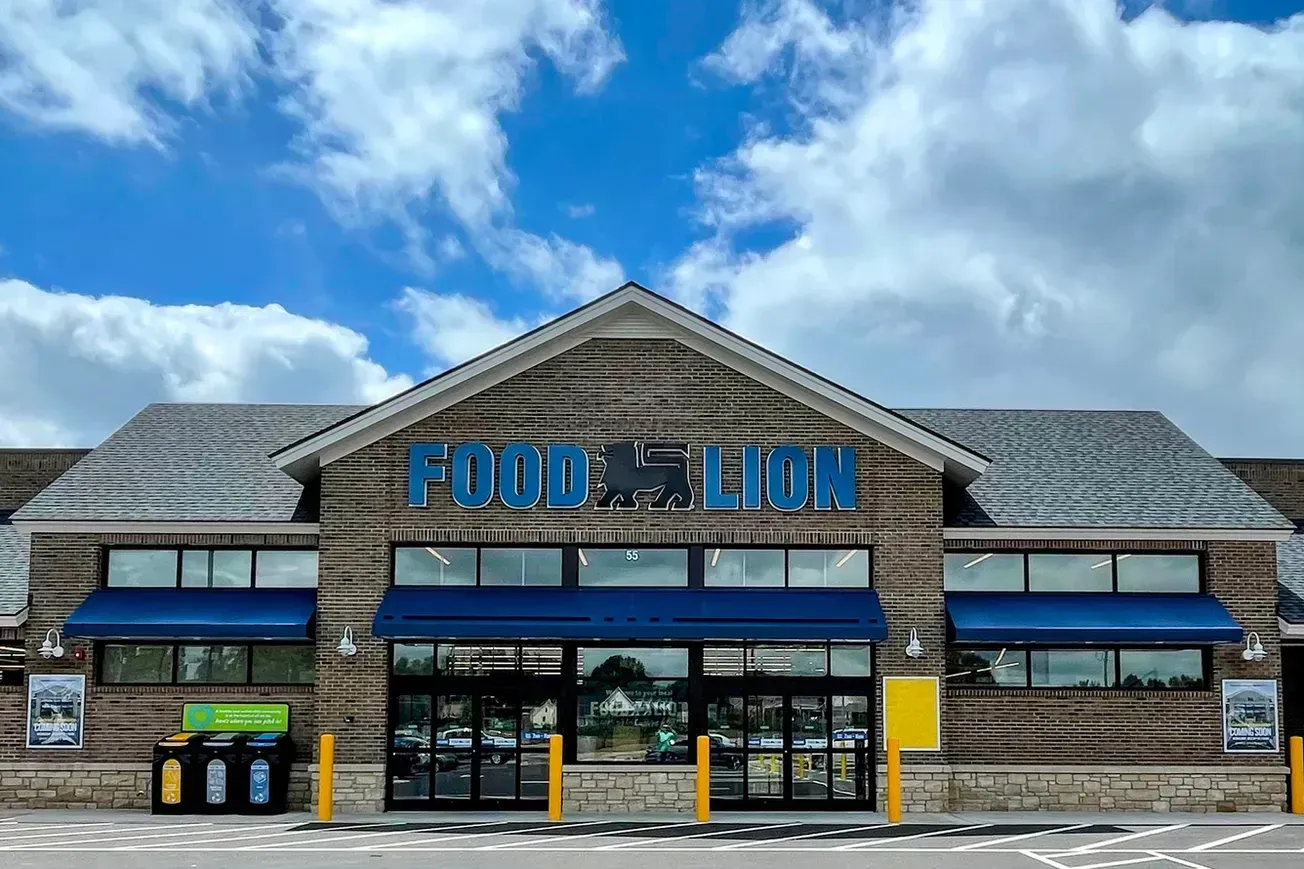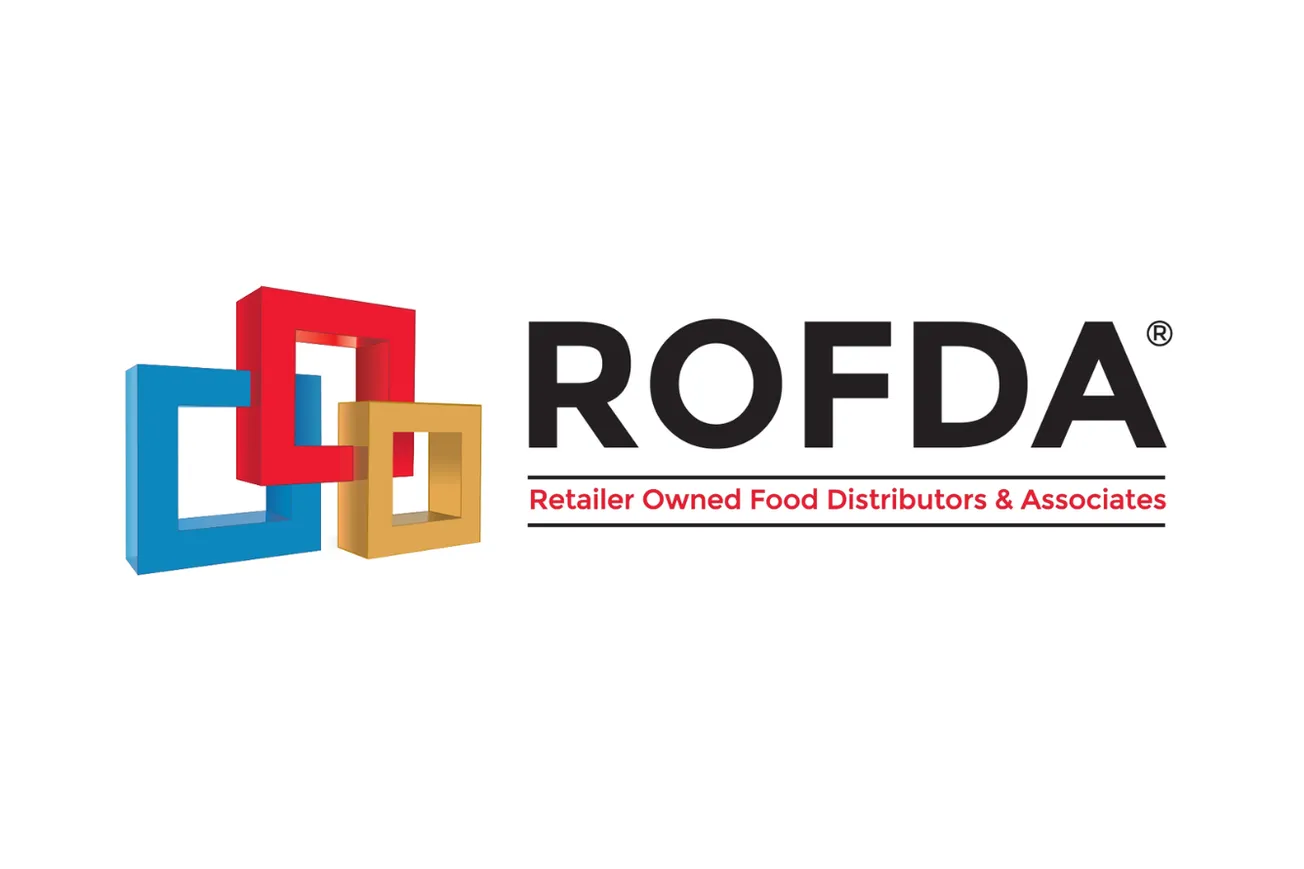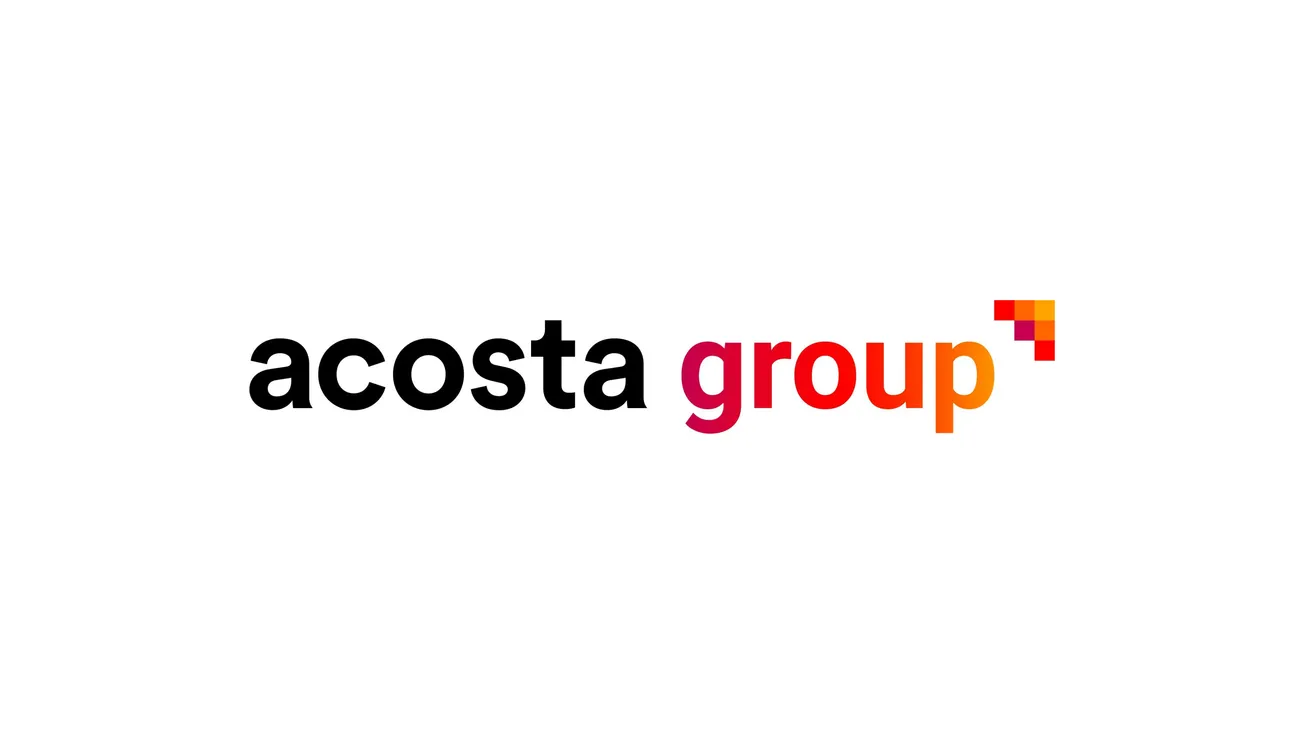WASHINGTON — The year ahead will offer modest sales gains for the retail industry, a recent forecast suggests.
The year ahead will offer modest sales gains for the retail industry, a recent forecast suggests.
Sales at stores — including supermarkets, specialty stores, discounters and department stores — will increase 3.4% this year, according to the 2013 economic forecast from the National Retail Federation (NRF).
That would mark a slowdown compared to 2012, when retail sales (according to preliminary estimates) grew by 4.2%.
NRF’s projection of retail sales (which includes various types of retail stores but excludes auto dealers, gas stations and restaurants) are in keeping with the industry’s performance during the holiday season, the trade group contends.
Concerns that the nation’s economy was headed for a “fiscal cliff” caused many consumers to rein in their spending during November and December, and the NRF says that in the end, holiday sales in 2012 grew by just 3%.
"What we witnessed during the holiday season is an indication of what we are likely to see in 2013," said NRF president and chief executive officer Matthew Shay. "Consumers read troubling economic headlines every day and look at their bottom lines at the end of the month, and they don’t like what they see.
"Pushing fiscal policy decisions down the road will lead to even greater uncertainty, and will continue to impact consumers’ desire and ability to spend on discretionary items. The administration and Congress need to pursue and enact policies that lead to growth and economic expansion, or it could be another challenging year for retailers and consumers alike."
The NRF sees a number of factors pointing to sluggish growth outlook for the year.
One is that the unemployment rate remains stubbornly high. Although the labor market continues its modest recovery, the unemployment rate has been around 7.9% for the past three months.
Consumer spending is also constrained by the fact that household income is growing only modestly. And the deal to avert the so-called fiscal cliff in January did not include an extension of the reduction in payroll taxes, which means that millions of workers actually saw their paychecks decline.
On the plus side, NRF expects the housing sector to continue to improve, which should give consumer finances a boost. And inflation should remain under control — NRF expects the Consumer Price Index to increase 1.9% in 2013, which is below the 2.1% increase in 2012.
Consumer confidence is seen as somewhat weak now, hurt by the handling of the fiscal cliff and the increase in payroll taxes. But NRF expects confidence to improve as the pace of the economic recovery accelerates in the second half of the year.
"While it’s too early to know the full effect of higher payroll taxes, there’s no question that many consumers will feel some kind of impact from the change in their paychecks," said NRF chief economist Jack Kleinhenz. "That said, consumers have in the past shown a resiliency in the face of uncertainty, and we expect those impacted to adjust to smaller budgets by trading down or simply cutting back on certain items. Overall we foresee some improvements in the second half of the year should the outlook for job creation and income growth improve."
Shay said he expects retailers to compensate for anemic household spending this year by managing their inventories and focusing on "providing value for their shoppers through unique promotions in stores and online and exclusive product lines."
Online retailing, meanwhile, is expected to continue to grow at a healthy pace. NRF’s digital division, Shop.org, predicts that online sales this year will grow between 9% and 12%. That, too, follows the trend set during the holiday season, when online sales grew by 11.1%.





